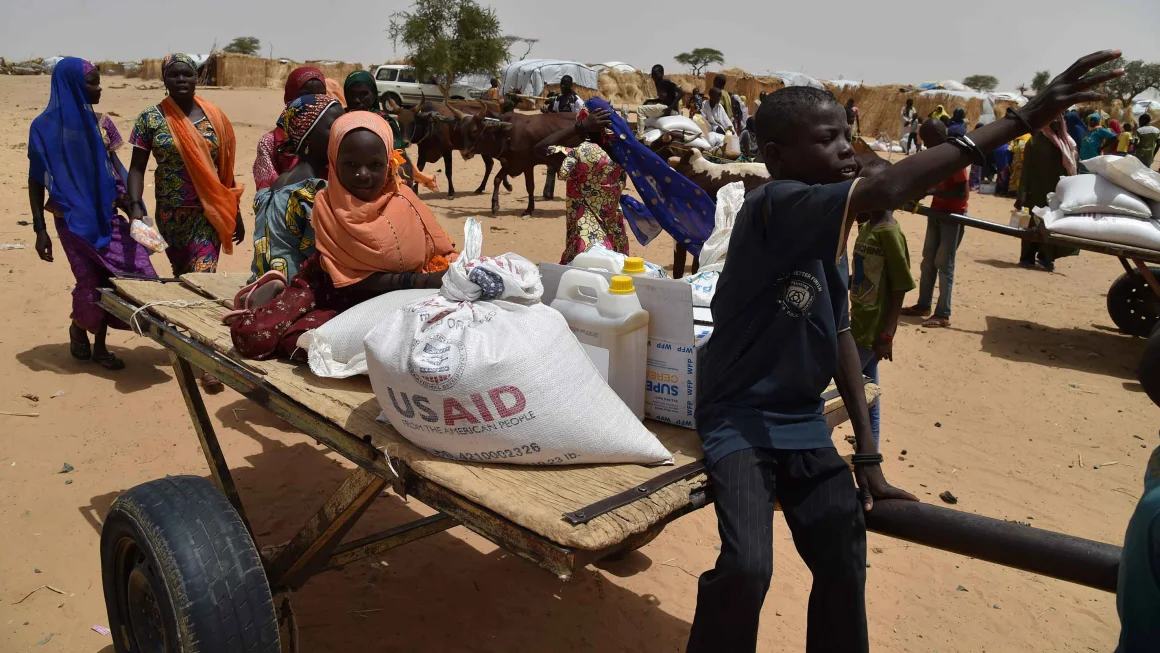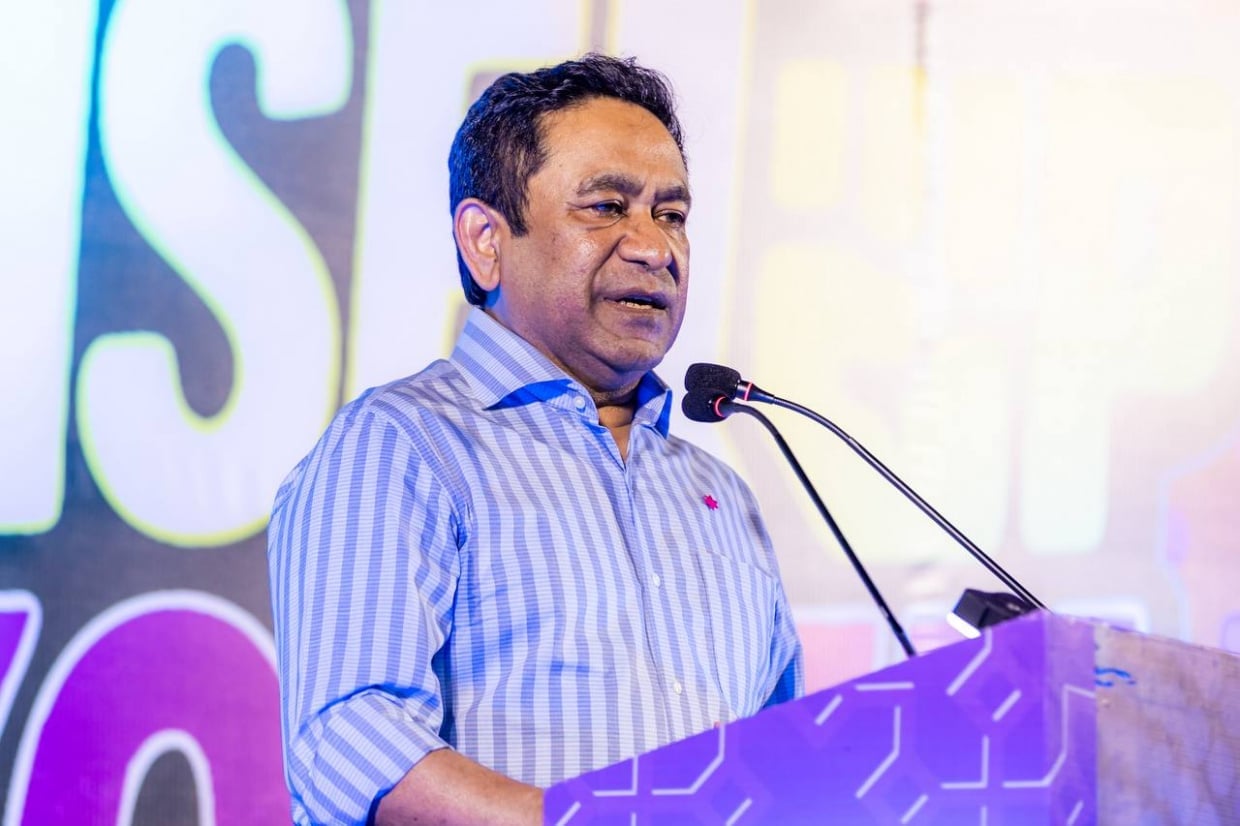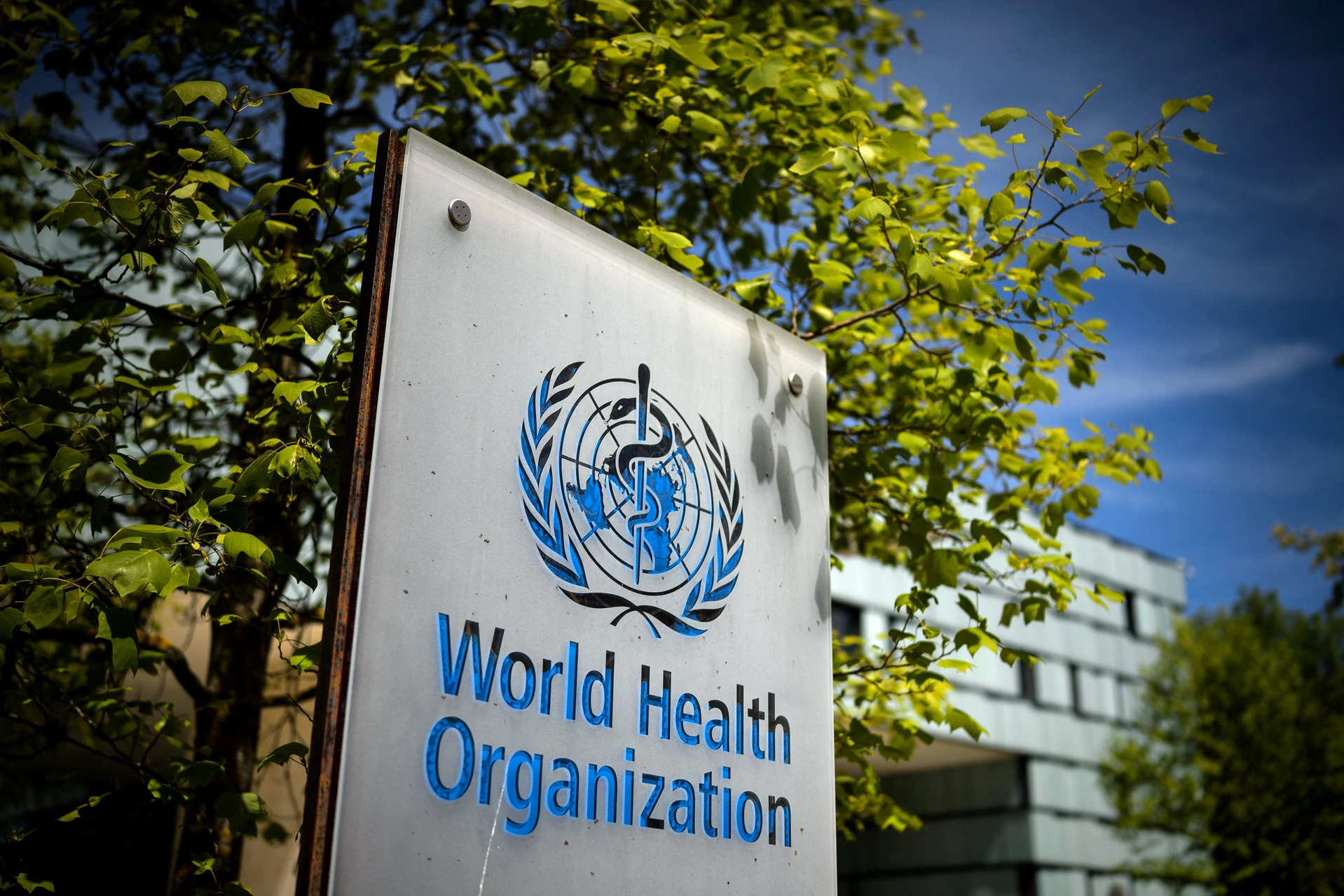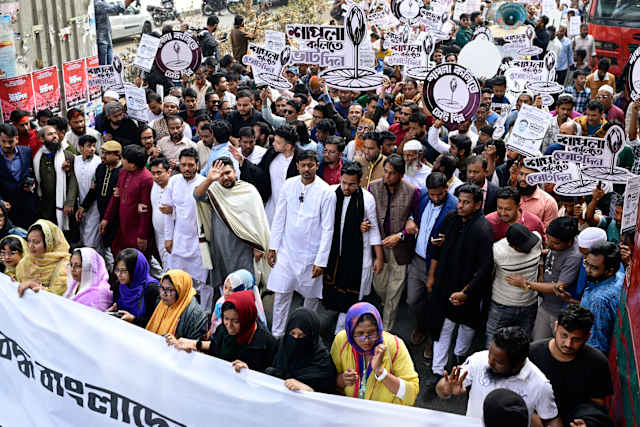The Trump administration has reversed emergency food aid cuts to several countries but maintained them in Afghanistan and Yemen—two of the world's poorest and most war-torn nations, officials confirmed Wednesday.
The initial aid reductions, led by Elon Musk’s Department of Government Efficiency, sparked global concern, as they threatened critical food and health programs. After backlash, including a report by the Associated Press, some cuts were reversed following internal regret expressed by Jeremy Lewin, the Musk associate overseeing the dismantling of USAID.
Funding has been restored for countries such as Somalia, Syria, Lebanon, Jordan, Iraq, and Ecuador. However, aid remains slashed in Afghanistan and Yemen, where millions face food insecurity and health crises. A USAID official admitted some cuts were made in error, and UN officials say the reversals came after urgent lobbying in Congress.
The United States remains the largest donor to the World Food Program (WFP), but its latest moves could have devastating consequences. In Afghanistan, more than 23 million people require aid, and the cuts will halt food and health assistance for millions. Similarly, in Yemen, the WFP warned that 2.4 million people will lose food support, and programs aiding children and displaced people will cease.
Humanitarian groups warn the reductions could undo decades of progress. "We may soon see rising deaths due to lack of basic aid,” said Bob Kitchen of the International Rescue Committee.
The initial aid reductions, led by Elon Musk’s Department of Government Efficiency, sparked global concern, as they threatened critical food and health programs. After backlash, including a report by the Associated Press, some cuts were reversed following internal regret expressed by Jeremy Lewin, the Musk associate overseeing the dismantling of USAID.
Funding has been restored for countries such as Somalia, Syria, Lebanon, Jordan, Iraq, and Ecuador. However, aid remains slashed in Afghanistan and Yemen, where millions face food insecurity and health crises. A USAID official admitted some cuts were made in error, and UN officials say the reversals came after urgent lobbying in Congress.
The United States remains the largest donor to the World Food Program (WFP), but its latest moves could have devastating consequences. In Afghanistan, more than 23 million people require aid, and the cuts will halt food and health assistance for millions. Similarly, in Yemen, the WFP warned that 2.4 million people will lose food support, and programs aiding children and displaced people will cease.
Humanitarian groups warn the reductions could undo decades of progress. "We may soon see rising deaths due to lack of basic aid,” said Bob Kitchen of the International Rescue Committee.















